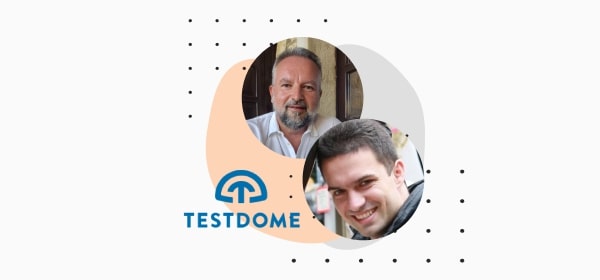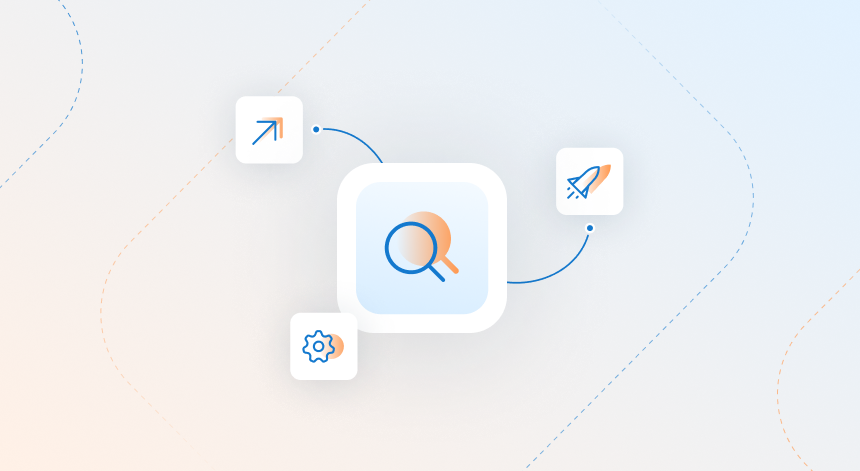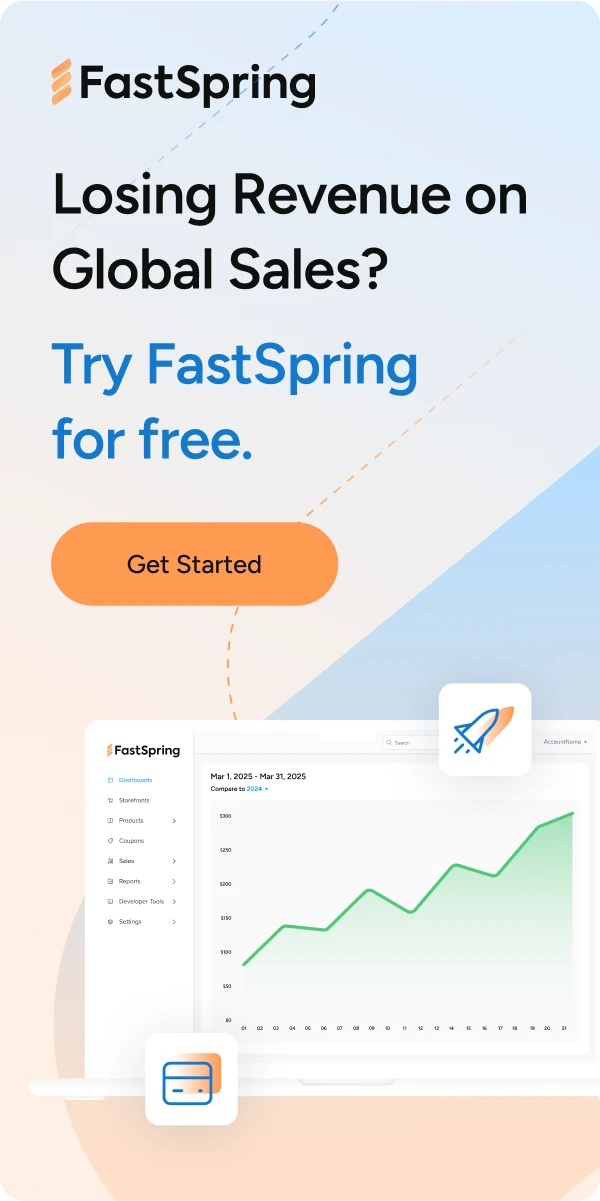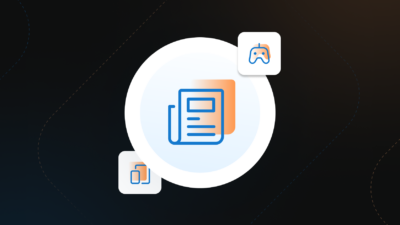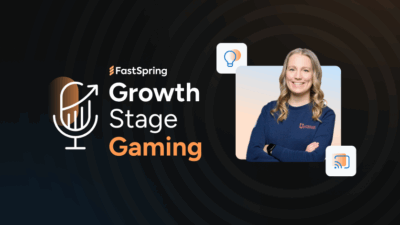The rise of AI-driven search is transforming how potential customers discover software solutions — and what SaaS marketers must do to stay competitive.
Your potential customers are no longer just Googling “best project management software” or “CRM for small business.” They’re asking ChatGPT to compare your product features, getting personalized recommendations from AI tools, and discovering solutions through conversations rather than traditional search results.
Google still handles more than 5 trillion searches annually, but that dominance is beginning to fray. As highlighted by recent industry research from Pubcon 2025, we’re experiencing a foundational shift: Search is no longer synonymous with search engines. From ChatGPT to social platforms, potential customers are finding software solutions outside of Google — and AI is accelerating this trend.
According to recent survey data, 66% of consumers believe AI will replace traditional search engines within five years, and 82% say AI-powered search is already more helpful than traditional search.
This shift represents both a challenge and an opportunity for SaaS companies trying to reach customers earlier in their decision-making process.
How AI Search Changes SaaS Discovery
AI search doesn’t behave like traditional search engines, and this has significant implications for how customers discover and evaluate software solutions.
As industry expert Ryan Jones of Razorfish noted, “We used to optimize for humans who use Google. Now we’re optimizing for AI that reads Google for humans.” For SaaS companies, this shift changes everything about customer acquisition.
1. AI Search Provides Direct Answers
Tools like ChatGPT and Gemini synthesize information about your software directly in their interfaces. When someone asks, “What’s the best email marketing platform for ecommerce?,” they often get a comprehensive answer without ever visiting your website.
Your product pages are no longer the destination — the conversation is the destination.
2. AI Uses ‘Query Fan-Out’ for Software Recommendations
When potential customers ask AI tools about software solutions, these tools don’t just process the exact query. Instead, they generate dozens of related sub-queries to gather comprehensive information about features, pricing, integrations, and use cases.
This means that your content needs to address not just primary keywords, but the entire ecosystem of questions around your product category.
3. Product Information Is Atomized
AI doesn’t treat your website as a collection of pages. Instead, it ingests and references specific passages about features, pricing, integrations, and benefits.
Every piece of content on your site — from feature descriptions to help articles — must be self-contained and structured for AI comprehension.
“We used to optimize for humans who use Google. Now we’re optimizing for AI that reads Google for humans.”
Ryan Jones, Razorfish
What This Means for SaaS Marketers
The ground is shifting rapidly, but SaaS companies can take specific actions now to maintain visibility and capture customers in this new landscape:
1. Optimize for AI-Driven Product Discovery
Traditional SEO still matters, but SaaS companies need to think beyond basic optimization. Your technical foundation — site speed, structured data, clean internal linking — remains crucial. But success now requires:
- Structuring product information for AI comprehension: Create clear, self-contained descriptions of features, use cases, and benefits. Avoid marketing speak that obscures actual functionality.
- Eliminating content bloat: Remove or consolidate weak product pages, outdated feature descriptions, and redundant content that confuses AI models about your core offerings.
- Thinking in terms of buyer intent: Structure content around the questions potential customers actually ask, not just the keywords they might search for.
2. Create Content That Answers Software Buyers’ Questions
If your product descriptions are vague, rely on industry jargon, or require context from other pages, they may be ignored by AI tools when customers ask for software recommendations.
Instead, focus on:
- Clear, benefit-focused feature descriptions that stand alone without additional context.
- Comprehensive FAQ sections addressing common software evaluation questions.
- Comparison content that honestly positions your product against alternatives.
- Implementation guides and use case examples that demonstrate real-world value.
- Integration documentation that’s easily discoverable and understandable.
The goal is to ensure AI tools have complete, accurate information about your software when making recommendations to potential customers.
3. Track AI Visibility and Expand Your Presence
Only 22% of B2B marketers currently track their brand visibility in large language models, representing a significant missed opportunity for SaaS companies where word-of-mouth and recommendations drive significant growth.
- Monitor AI mentions: Use tools like SERP Recon and BrightEdge to understand how often your product appears in AI-generated responses. Track whether these mentions are accurate and favorable.
- Build authoritative presence beyond search: Strengthen your visibility across channels where software buyers gather information:
- Develop thought leadership content for industry publications.
- Participate actively in relevant communities (Reddit, Discord, industry forums).
- Create educational content for YouTube and podcast platforms.
- Engage with software review sites and comparison platforms.
- Invest in digital PR and partnerships: Build relationships with industry influencers, participate in software roundups, and collaborate with complementary tools to increase your citation potential.
The New SaaS Marketing Playbook
AI search is no longer emerging — it’s here, and it’s already changing how customers discover software solutions. Organic traffic patterns are shifting, traditional keyword strategies are losing effectiveness, and customers are getting recommendations from AI before they ever reach your website.
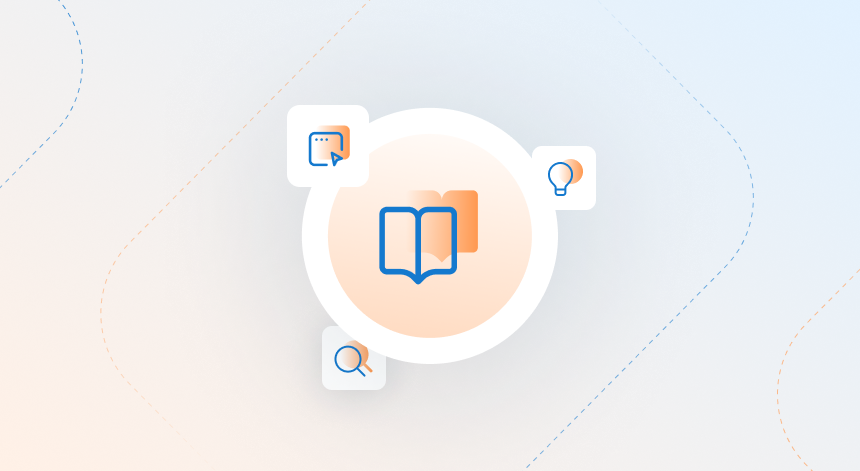
This doesn’t mean traditional marketing is dead. It means SaaS marketing is evolving toward a more distributed, conversation-focused approach.
Focus on being discoverable across channels where your customers seek recommendations, not just via search engines.
Focus on content that educates and informs rather than just on converting visitors that are already on your site.
Focus on brand visibility that transcends individual marketing channels and builds authority in AI knowledge bases.
The companies that thrive in this new landscape won’t be those that game the algorithm, but those that consistently provide clear, helpful information about their software solutions wherever customers are looking for answers.
For SaaS, software, and digital product companies, this shift represents an opportunity to build more authentic relationships with potential customers by meeting them where they are — in conversations with AI tools, community discussions, and educational content — rather than waiting for them to find you through traditional search.
